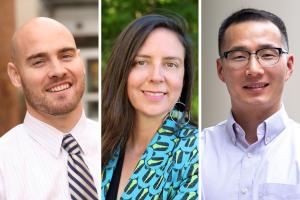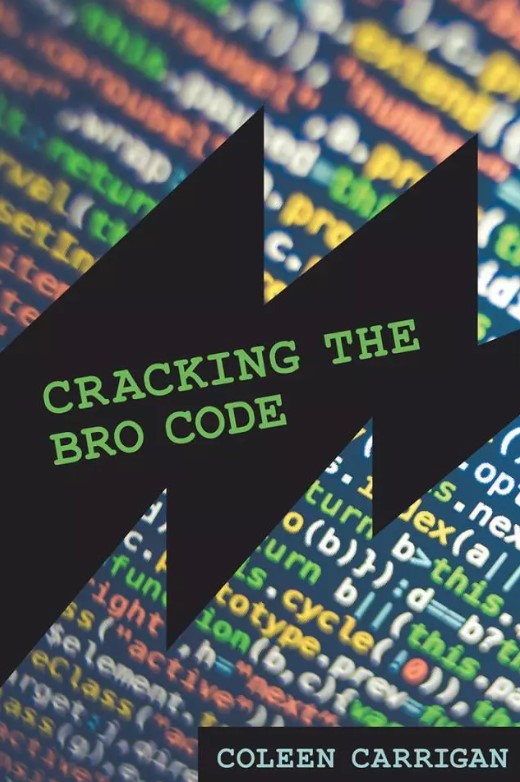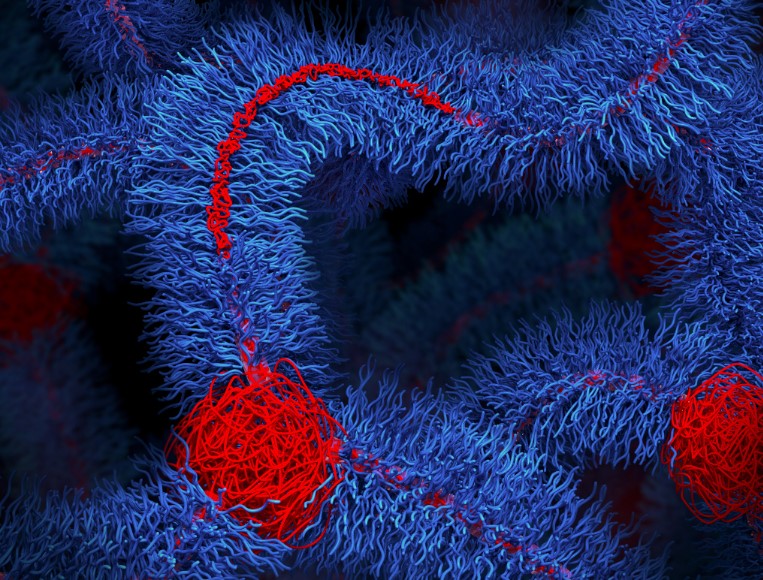
University of Virginia School of Engineering and Applied Science faculty members James T. Burns, Coleen Carrigan and Liheng Cai received the Presidential Early Career Award for Scientists and Engineers, known as a PECASE, on Tuesday, as did two UVA Engineering alumni, Ashutosh Giri and Ryan Johnson.
PECASE is the highest honor bestowed by the U.S. government on outstanding scientists and engineers early in their careers. According to the release from the White House, this award recognizes “innovative and far-reaching developments in science and technology.”
“This award year has been extraordinary not only in the number of UVA Engineering professors honored in this way by the federal executive branch, but also in the substantive impact of the contributions,” Dean Jennifer L. West said. “We are truly an academic community in which faculty and alumni at all stages of their careers are making a real difference in our society.”
James T. Burns: Providing Fracture Expertise to NASA
Burns, an associate professor in the Department of Materials Science and Engineering who also completed a Copenhaver Fellowship, received the White House honor for his work on the mechanics of how materials fracture under unique conditions.
The most high-profile problem he has been helping troubleshoot and solve is the leaks in the International Space Station. NASA’s 25-year-old, orbiting research platform serves as a hub for nation partners to conduct experiments related to living and working in space. The Russian section of the space station has been leaking air and pressure.
The Burns Research Group focuses on the impact of environmental degradation on the mechanical properties of high-performance structural metals, such as the ones used to construct the ISS.

Burns has served as a subject matter expert to NASA over the past six years, doing testing and analysis. He has supported the space station cracking problem specifically, as well as other NASA and federal projects.
Another project of importance that Burns helped guide was the setup of a state-of-the-art fracture mechanics lab at White Sands Test Facility, which investigates how rocket fuel influences spacecraft operation and durability.
Burns received the surprise news of being awarded the PECASE straight from NASA, one of 14 federal agencies that make PECASE nominations to the White House.
“I got the news via email from the associate chief scientist of NASA,” Burns said. “I was very honored and humbled to be included in this group.”
Burns specifically thanked his adviser and colleague Rick Gangloff, his colleagues in the Center for Electrochemical Science and Engineering, Rob Kelly and John Scully, and his postdoctoral research associates and graduate students.
He also thanked the Department of Materials Science and Engineering for the support, opportunities, facilities and mentorship he has received over time.
Coleen Carrigan: Book Disrupted the Status Quo
Carrigan, an associate professor of science, technology and society in the Department of Engineering and Society, was nominated for the PECASE by the National Science Foundation based on her NSF CAREER Award for research exploring the cultures of different subfields in engineering and computer science. She recently published a book, “Cracking the Bro Code,” (MIT Press, 2024), which was one of the first academic books to explore sexism and racism in tech, revealing the systemic challenges faced by women, nonbinary individuals and people of color.

A former senior manager in Big Tech, Carrigan brings a unique perspective on harassment in the industry, connecting altruism, race and gender to a new theory that social purpose is a critical factor to consider in working toward equity in computing.
Already, universities have invited Carrigan to give more than a half dozen talks on the book, which has been assigned in classrooms as near as Virginia and as far away as Paris. At the end of the year, the magazine Wired, which covers technology and society, asked her to contribute to a special issue, sharing her vision for how technology will change people, and people will change the field, in 2025.
Like Burns, Carrigan was surprised to receive the award.
“I was writing another grant on combatting sexual harassment in STEM when I received the PECASE news from my long-time mentor Dr. Alice Pawley, a feminist ethnographer in engineering education and currently a program officer at NSF Engineering directorate,” Carrigan said. “I was utterly shocked and called my parents shaking.”
She said that growing up in her family’s bookstore, Notes and Quotes, “imparted a love of books and knowledge to me that led me to become a scholar. This award is a form of affirmation for all my folks’ love, support and the unlimited books they bestowed on me growing up.”
She added, “This award is not a personal accomplishment but rather recognition for the communities I work with — scientists and engineers who have been historically disenfranchised from engineering and computing, who resist bias and harassment to contribute their labor and hard-won expertise to some of the most influential fields on the planet.”
Professor Carrigan additionally thanked Dean West ("I wouldn’t be here at UVA without her."); mentors Rachel Chapman, Eve Riskin, Joyce Yen, Liesl Folks and Christine Grant; Rosalyn W. Berne, the Olsson Professor of Applied Ethics and chair of the Department of Engineering and Society; and NSF program officers James Moore, Paige Smith and Alice Pawley, among many others.
Liheng Cai: Polymer Science and Engineering That Shined
Cai won for his foundational investigation into bottlebrush polymers that provide a new platform for soft biomaterials innovation and design.
Cai is an assistant professor in the Department of Materials Science and Engineering with a joint appointment in the Departments of Chemical Engineering.
For Professor Cai, the unexpected good news occurred during a break in his busy day.

“I learned the news just after my MSE 2090 (Introduction to Materials Science and Engineering) class,” Cai said. “The first thing I did is to share this news with my former advisers, mentors, department chairs and the Dean.”
The National Science Foundation nominated Cai for the honor as an extension of his work for the Division of Materials Research under the NSF’s CAREER Award.
With the CAREER Award, Cai’s Soft Biomatter Lab unearthed foundational knowledge for using bottlebrush polymers as a new class of building blocks to independently encode physical, chemical and biochemical complexities into soft biomaterials.
“This would not be possible without the tremendous support from the departments, the School and incredible mentors,” Cai said in his note of gratitude to Dean West and chairs Elizabeth J. Opila of the Department of Materials Science and Engineering and William Epling of the Department of Chemical Engineering.
In his email, Cai also singled out for special recognition UVA Engineering professors David L. Green, Shayn Peirce-Cottler, George Christ, Gary Koenig and “especially my former department chair, John Scully.”
Finally, Cai noted that Andy Lovinger, a 30-year veteran of the NSF's DMR Polymers program, nominated him for the PECASE and has provided “continuous, strong support” throughout the years.
Alumni Who Are Leading Academics Also Recognized
Two other members of the broader UVA Engineering community received awards as well.
Ryan Johnson earned his doctorate in mechanical and aerospace engineering from UVA in 2014, and his bachelor’s from the same department in 2010. Johnson is an Aerospace Engineering Research Fellow at the U.S. Naval Research Laboratory and a visiting scholar at Stanford University.
Ashutosh Giri, who earned his doctorate in mechanical and aerospace engineering from UVA in 2016, is currently a professor in the Mechanical, Industrial and System Engineering Department at the University of Rhode Island.
Collectively, the five winners were among 400 scientists and engineers honored by President Joseph R. Biden this week. Read more about the latest awardees in the White House press release.